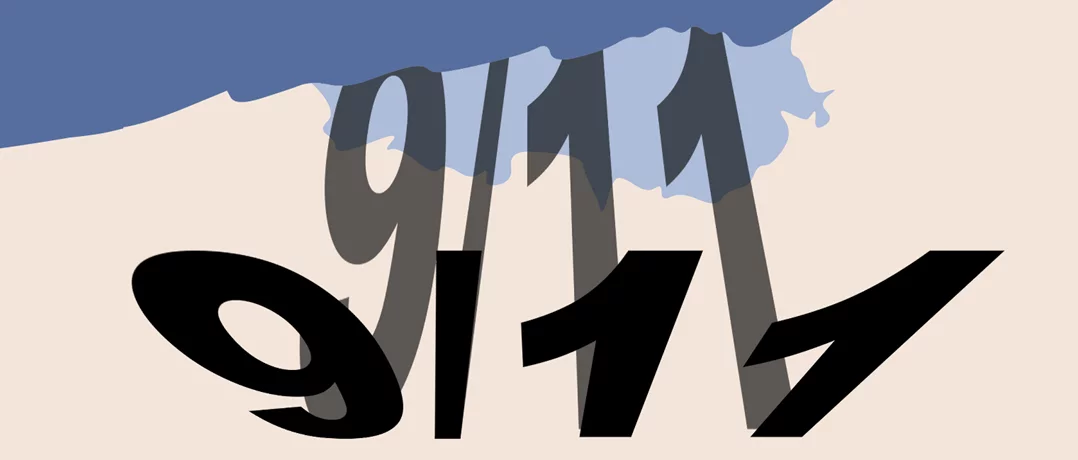A Country in the Shadow: Lebanon and the Legacy of 9/11
A Country in the Shadow: Lebanon and the Legacy of 9/11


Albeit Lebanon did not witness an American invasion, it has yet to recover from the impact of 9/11. Today, the country finds itself at a crossroad defined by the aftermath of 9/11.
Anti-American sentiments in Lebanon are hardly new, and the country’s troubling reputation as a security liability predates 9/11. In 1983, Hezbollah launched a devastating attack against Western forces, striking the US Marines and French troops stationed in Beirut under a UN mandate. Two simultaneous, meticulously coordinated suicide bombings destroyed their headquarters, killing hundreds and forcing a full U.S. and French withdrawal. As the Middle East Journal notes in 2003, this early confrontation cemented Lebanon’s association with terrorism and anti-American militancy, making it an early and decisive testing ground for the militant strategies that would later shock the world on 9/11.
The 9/11 attacks expanded this association and elevated Lebanon on the US’s radar. Although not explicitly named under the ‘Axis of Evil,’ Syria’s domination of Lebanon meant the two were often viewed as complicit partners. Lebanon was pulled deeper into the “War on Terror” framework, cast as a fragile state infiltrated by groups aligned with Iran and Syria. As Paul Salem (2012) explains, Iran built Hezbollah into a powerful political, military, and social force, while Syria used Lebanon as a substitute front after not regaining the Golan Heights.
Wesley Clark, former commander of NATO’s forces in Europe, said in an interview in 2023 that Washington was planning to attack 7 countries in the span of 5 years - with Lebanon included. For the US, Lebanon being a breeding ground for terrorism threatened its most valued ally: Israel. President George Bush stated in 2006 that
America recognizes that civilians in Lebanon and Israel have suffered from the current violence, and we recognize that responsibility for this suffering lies with Hezbollah
Washington increasingly framed Hezbollah not only as a local Lebanese militia but also as part of the broader global terrorist threat. Hezbollah adopting different ideologies and networks from Al-Qaeda, did not exempt it from American counterterrorism discourse post 9/11.
When the US invaded Iraq, Syria, and Washington parted ways sharply, with Lebanon becoming a stage for this broader confrontation. UN Security Council Resolution 1559 was supposed to be Lebanon’s ticket to sovereignty, yet it quickly became a flashpoint in the post-9/11 global struggle over terrorism and influence. The resolution demanded the withdrawal of foreign troops, the disarmament of militias, and free presidential elections, directly challenging Syria’s dominance and Hezbollah’s armed presence.
The assassination of Rafik Hariri in 2005 and the mass mobilizations of the Cedar Revolution turned the resolution from paper into a test of real-world power: could Lebanon assert its sovereignty against militias continuing to call the shots? What the resolution highlighted was the post 9/11 Lebanese paradox: celebrated as a laboratory for democratic reform by Western capitals yet simultaneously portrayed as a fragile state infiltrated by terrorists. In this sense, UNSC 1559 did more than guide Lebanese politics, it made Lebanon a stage where international ambitions, the fight against terrorism, and local struggles for self-determination collided in dramatic and often destabilizing ways.
France and the entirety of Europe admired Lebanon’s pluralism but fretted over instability. For the Gulf states, Iran’s influence over Lebanon became the basis upon which relations were to be established. They saw the Lebanese opposition to Hezbollah as essential to their own security. On the other hand, Syria and Tehran framed Beirut as a site of heroic “resistance.” The UN walked a delicate line, protecting Lebanon through resolutions and UNIFIL deployment, yet highlighting its incomplete sovereignty. Lebanon’s reputation post 9/11 dictated its relations with the outside world. Till this day, skepticism arises when dealing with country as fears of instability persist.
Today, it seems as if the clock has been turned back. The post 9/11 paradox is reawakened with the government plans for disarmament of Hezbollah and the Palestinian factions in full effect. Therefore, the question remains, will Lebanon remain defined by animosity and insecurity, or can it finally shake off the shadow of the post-9/11 era?


